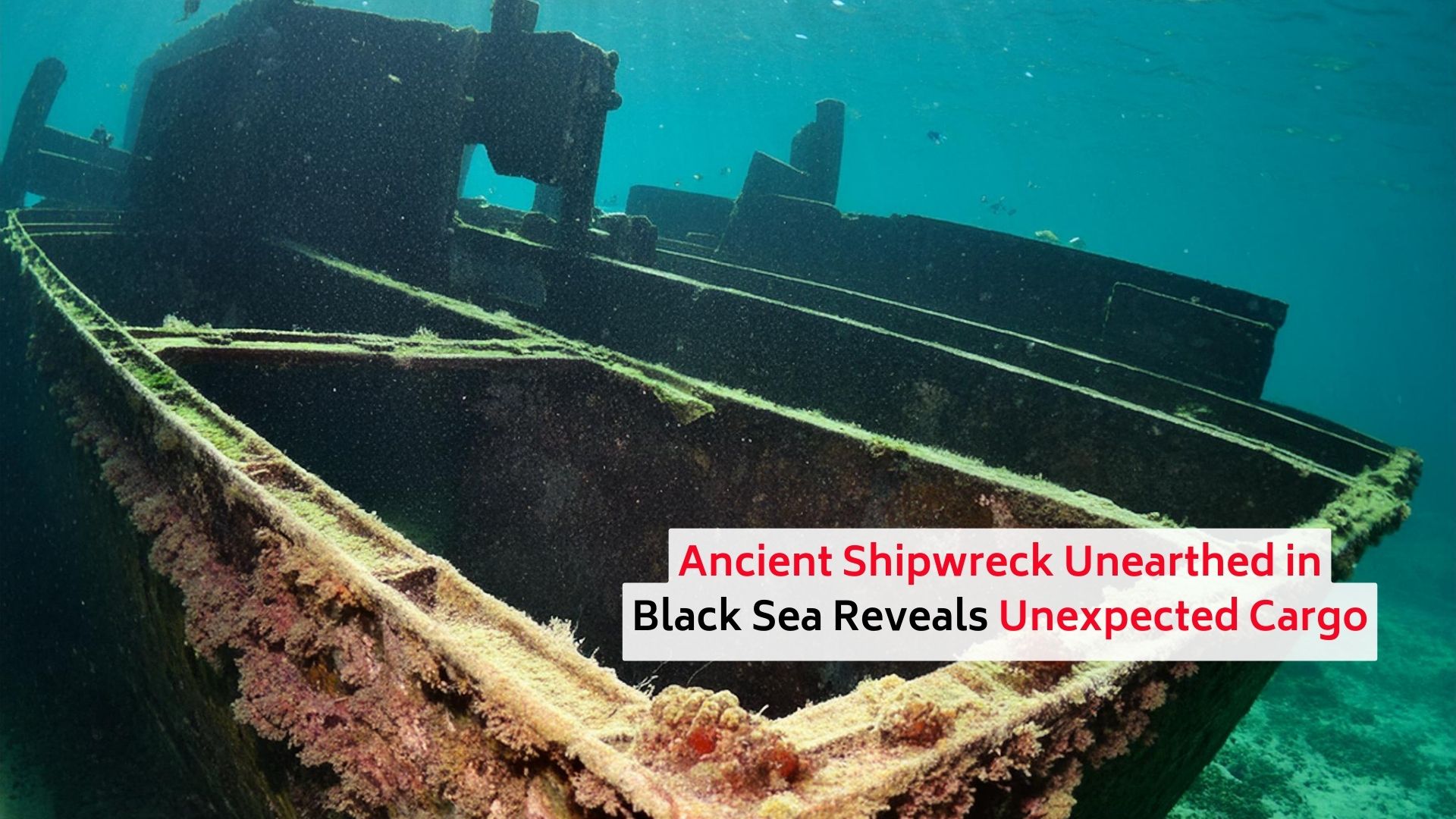Archaeologists excavating in the Black Sea discovered the amazingly well-preserved remains of a commercial ship thought to date from the fourth century BC. The surprise aspect? The cargo compartment held hundreds of amphoras packed with garum, a smelly fermented fish sauce popular in the Roman Empire, rather than spices or valuable metals. This finding provides insight on historical trading routes and food patterns.
Black Sea shipwreck discovery:
International Collaboration on the Rise: According to news reports, archaeologists from numerous nations, including Bulgaria, Romania, and Turkey, are interested in working together on the shipwreck excavation and investigation. This worldwide collaboration may give a broader variety of skills and resources for a more thorough understanding of the discovery.
Dating the Wreck Precisely: Scientists are now working on more exact dating techniques based on carbon-14 research of biological compounds discovered on the wreckage. This will help to create a more accurate picture of the vessel’s historical era.
Mapping the Contents: Underwater drones are being used to build a thorough 3D map of the wreck and its contents. This will allow archaeologists to visually examine the ship’s structure and determine how the amphoras were housed, perhaps giving information about trading procedures and organization.
Search for the Cause of Sinking: Although the specific cause of the catastrophe is unknown, experts are looking for clues in the hull and surrounding seabed. Theories include encountering a storm, colliding with an undersea reef, or experiencing structural breakdown.
Future Exhibits and Public Engagement: Museums in Black Sea-bordering nations have already expressed an interest in presenting artifacts discovered from the wreck in future displays. This might increase public interest in historic maritime trade and Black Sea history.



